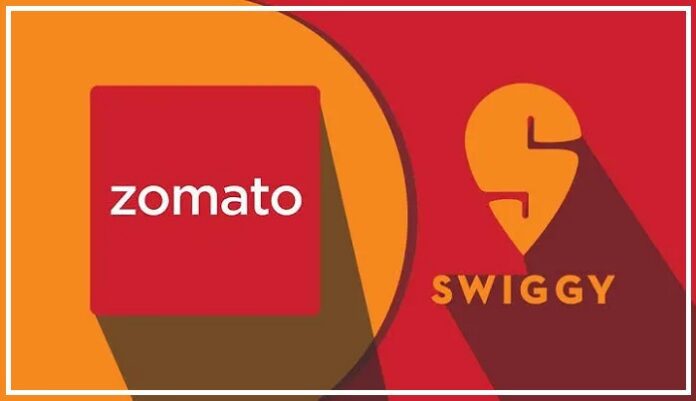New Delhi :
The Indian government has announced that it will prohibit ecommerce and food delivery companies from selling products and services from related parties or associated enterprises to registered merchants on their platforms.
Regulations to Ban Cross-selling
According to sources, the Indian government is planning to ban ecommerce and food delivery companies from selling related-party products and services to registered merchants on their platforms.
This would prohibit ecommerce giants like Flipkart and Amazon India from providing ancillary services like in-house logistics or payment products to merchants.
The proposed regulation would also apply to food companies like Swiggy and Zomato.
The proposed regulation prohibiting ecommerce and food delivery companies from selling products and services of related parties or associated enterprises to registered merchants on their platforms is not a new development in 2022.
Such regulations were discussed earlier in 2021, which were opposed by e-retailers who argued that these rules would significantly impact their operations and brands.
However, the current status of the proposed regulation is not independently verified, and there has been no response from Swiggy, Amazon, or Flipkart.
The Consumer Affairs Ministry is leading the discussions on the proposed regulations, and according to reports, inter-ministerial discussions have taken place with the Department for Promotion of Industry and Internal Trade and the Ministry of Electronics and Information Technology.
The proposed regulations aim to prohibit ecommerce and food delivery companies from selling products and services of related parties to registered merchants on their platforms.
Additionally, the regulations seek to ban the licensing of in-house brands to third-party sellers for online sale.
Comments from Consumers Affairs Ministry
The Ministry of Consumer Affairs, Food and Public Distribution is a branch of the Indian government responsible for overseeing consumer protection, food distribution, and public distribution systems.
It is headed by a Cabinet rank minister and is divided into two departments: the Department of Food and Public Distribution and the Department of Consumer Affairs.
The Department of Food and Public Distribution aims to ensure:
• remunerative rates for the farmers.
• supply of food grains at reasonable prices through the public distribution system.
The Department of Consumer Affairs is responsible for overseeing policies related to consumer cooperatives, price monitoring,
availability of essential commodities, consumer movements, and regulatory bodies such as the Bureau of Indian Standards (BIS) and Weights and Measures.
